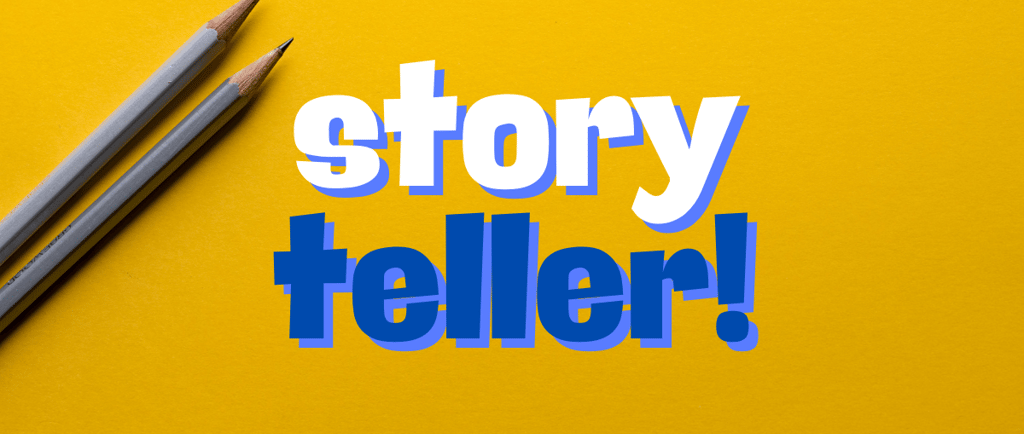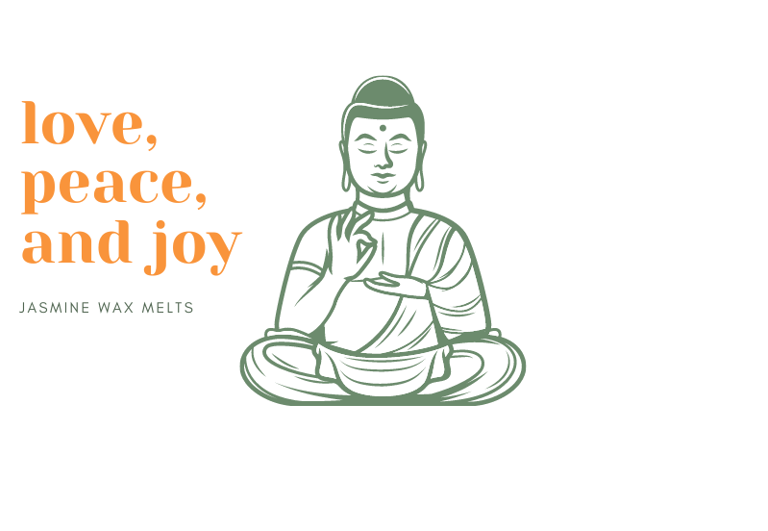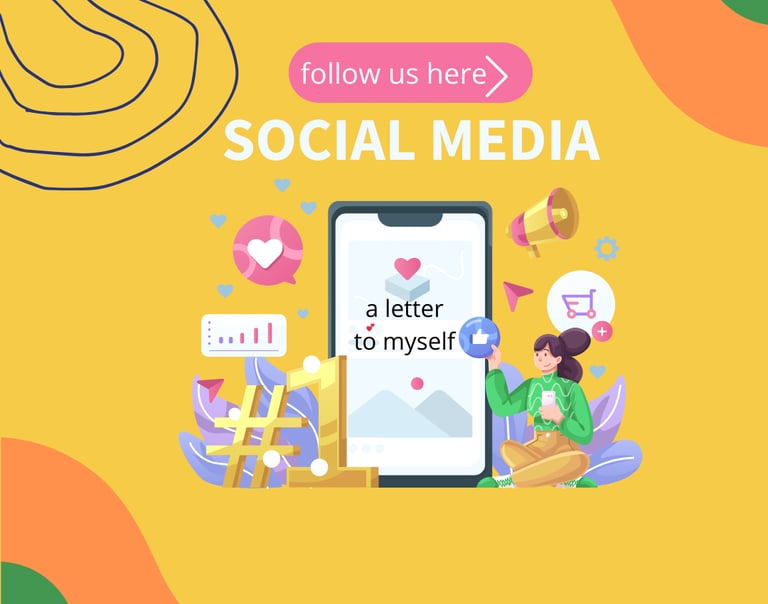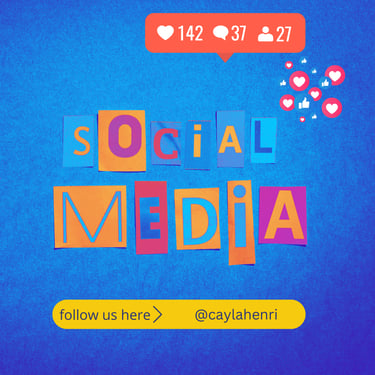Free delivery on orders over £50
Your Inner Storyteller
Unlock your inner storyteller by writing from the heart. Share your true voice, connect deeply with your emotions, and discover the power of authentic storytelling.
8/2/20246 min read


There's no greater agony than bearing an untold story inside you
- Maya Angelou
Writing from the heart is much more than just putting words on a page, it's about connecting with your inner storyteller and letting your true voice shine through.
Key lessons:
Overwhelmed with Life
Everyone has a Story to Tell
Your Inner Storyteller
Your Story Matters
FAQs - Your inner storyteller
blog / your inner storyteller
Overwhelmed with Life
A few months ago, I found myself feeling a bit overwhelmed with the usual. You know how life can get right on your nerves. Yer right, well that was me. I was that person, who have had enough.
That evening I became weary and in search of a way to unwind. I picked up a notebook and started writing.
I had no plan or outline, just a desire to let the words flow. To my surprise, the more I wrote, the lighter I felt. It was like pouring my heart out onto the pages brought me a sense of relief and clarity.
Everyone has a Story to Tell
My heart wanted to be heard and I was in full flow. I wrote from a place of deep sorrow. They say everyone has a story to tell, and I’m no different. That night, I wrote about all the things that were on my mind both past and present.
The more I wrote, the more things I’ve been carrying around in my head had no place to be there. I was also able to look at “my stuff” (every woman knows what that means) a little more objectively.
That experience taught me the power of writing from the heart. It’s not about perfection or finesse, it’s about honesty and vulnerability. When we write from our heart, you tap into your deepest emotions and experiences. These stories resonate with others on a profound level.
Your Inner Storyteller
If you're looking to find your voice and you want to be heard from the inside out. Here’s my thoughts on how to tap into your inner storyteller:
First of all, allow yourself to be vulnerable. Writing from the heart means sharing your true feelings and experiences, even if they’re messy or uncomfortable. Don’t worry about how it will sound, just let the words flow. Authenticity is key.
Write for yourself. Don’t think about your audience or how your writing will be received. Focus on what you need to express. This mindset frees you from the constraints of perfectionism and allows your true voice to emerge.
Find your inspiration. Inspiration can come from anywhere, a memory, a conversation, a dream, or even a walk in nature. For me personally, life is my reference point, so pay attention to the moments that move you and use them as a starting point for your writing.
Life is busy enough, so finding the time to write can be challenging. However if you set aside even a few minutes each day, you’ll be amazed at how your storytelling skills develop. Consistency is more important than quantity.
Hot Tip: I spoke to an accomplished writer who told me writing is like going to the gym or any other activity you do regularly. It needs practice, and writing each day allows your creative skills to flow.
Don’t be afraid to explore different forms of writing. Whether it’s poetry, journaling, short stories, or even letters to yourself, experimenting with various styles can help you discover your unique voice.
I find letters very useful because they really capture a moment in time. I’ve used this method many times in the past and will use it again in the future. Letter allows you to be you as if you’re writing to an old friend where you just pick up from where you left off.
Your Story Matters
So many of us shy away from being heard, from speaking our truth. Don’t be a static, be a voice for the little person inside. Be vocal in your text because it's from you and for you. Shout from the page, I am here and my story matters.
We all have experiences and insights that are worth sharing. By writing from the heart, you contribute to the rich tapestry of human experience, offering your unique perspective and wisdom to the world.
Writing from the heart can be a deeply therapeutic and fulfilling practice. It allows you to process your emotions, make sense of your experiences, and connect with others on a meaningful level.
Frequently asked questions
What kind of person is a storyteller?
A storyteller is someone who can tell a story that captures the imagination. They are observant, noticing details others might miss, and creative, turning everyday moments into something extraordinary.
Storytellers are often empathetic, understanding different perspectives, and they have a natural ability to engage others with their words.
They see the world not just as it is, but as it could be, and share that vision with those who listen.
Why is story telling so powerful?
Storytelling is so powerful because it connects with us on a deeply human level. Think about it stories engage our emotions, which is a big part of why they stick with us.
When a story makes you feel something, for example joy, sadness, or excitement, you’re more likely to remember it. Stories are relatable because they connect with our emotions, making things relatable.
Stories have a way of making us care. When we hear about someone’s experiences, we can imagine ourselves in their shoes. This fosters empathy, helping us understand different perspectives and connect with others on a deeper level.
Storytelling is powerful because it’s woven into the fabric of how we think, learn, and relate to each other. It’s not just sharing information, it’s making that information meaningful and memorable.
What is the psychology behind storytelling?
The psychology behind storytelling is fascinating because it taps into how our brains naturally work. When you hear a story, your brain doesn’t just process the words, it actually experiences the events as if they’re happening to you.
This is because stories activate multiple areas of the brain, including those responsible for sensory experiences, emotions, and memory.
One key element is narrative transportation. When you get lost in a good story, your brain starts to “transport” you into that world.
You begin to see the story unfold in your mind, and you become emotionally involved with the characters. This deep engagement makes the story more impactful and memorable.
Another interesting aspect is the release of oxytocin, sometimes called the "love hormone" or "bonding hormone."
When we hear a story that touches us emotionally, our brains release oxytocin, which fosters trust, empathy, and a sense of connection.
This is why stories can be so effective in building relationships, whether in marketing, teaching, or just everyday communication.
Pattern recognition also plays a role. Our brains love patterns, and stories often follow familiar structures, like the classic beginning, middle, and end.
These patterns make it easier for us to process information and remember it later. Plus, when a story follows a recognisable pattern, it gives us a sense of satisfaction, like when a puzzle piece fits perfectly into place.
In essence, storytelling is powerful because it aligns with the way our brains are wired. It engages us emotionally, helps us understand and remember information better, and even fosters social bonds. It’s not just entertainment, it’s a fundamental part of how we make sense of the world.
How do you know if you are a storyteller?
You might be a storyteller if you find yourself always sharing stories, whether about your day, a memory, or something you’ve imagined. If people seem to enjoy listening to you and often ask for more details, that's a good sign.
You'll notice little things that others might miss, and you enjoy bringing those details into your stories. If you’ve got a vivid imagination and often think about "what if" scenarios, that’s another clue.
You might also find that you connect with others by telling stories, using them to explain how you feel or relate to what someone else has said. If any of this sounds like you, then you’re a storyteller.








